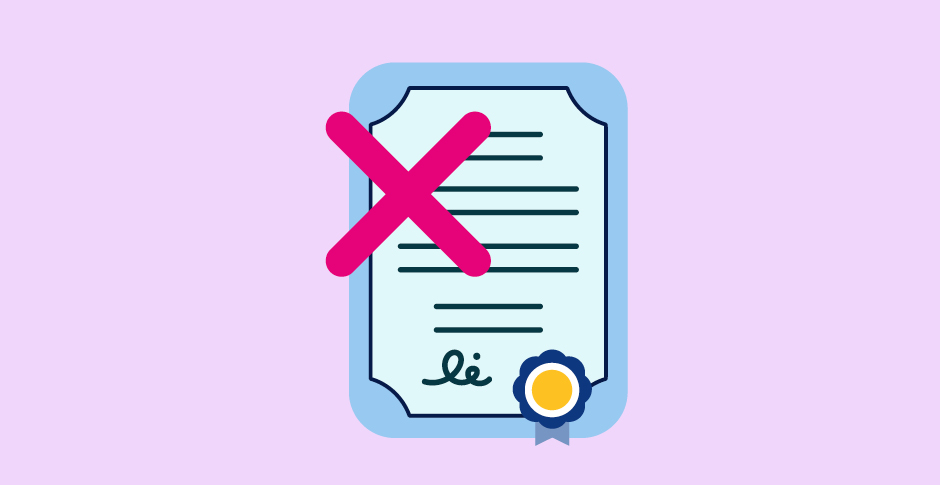Some people know precisely which organisation they want to work for. One great way to get a job in the 21st century is to target the employer of your dreams (or at least for the next step in your career).
The first thing to do is follow the organisation or organisations on SEEK. You can also apply speculatively. It’s encouraged by many corporates, says Ebeny Kurz-Firth, HR director New Zealand at Microsoft.
Whether you’re a highly motivated rookie or someone more senior, many organisations keep a database of potential candidates, even if they’re not recruiting right then. It shows them you’re motivated, says Kurz-Firth.
Like everything there’s a right way and a wrong way to go about this. Follow these do’s and don’ts to boost your chances of success:
- Do: research your target. When Kurz-Firth wanted to join Microsoft she jumped on YouTube and watched videos of the CEO to understand the company’s offerings and vision.
- Don’t: send scatter gun applications. Researching each organisation properly will pay off. So stick to a few applications at a time.
- Do: phone reception or search online to find out who’s the best person in the organisation to contact, says Kurz-Firth. In the case of Microsoft that’s probably the product manager.
- Don’t: drop a physical copy of your CV at reception, says Kurz-Firth. “No-one is working with hard copies anymore.”
- Do: once you know who to contact send a personalised email/cover letter with your CV. Rephrase what you’ve learned about the organisation and how your skills and experience match, says Kurz-Firth.
- Don’t: rabbit on. Keep it brief and to the point. Senior staff members are busy people.
- Do: keep the contact live. If you don’t hear back follow up with a phone call or your email will get lost, Kurz-Firth says. Network and find connections so you can namedrop in the conversation.
- Don’t: be lost for words. Have your pitch ready. Practice it out loud. “Say: ‘hey I have sent in my resume and I wanted the opportunity to introduce myself’,” says Kurz-Firth. You’ll also need a spiel ready should your phone ring. Microsoft does a lot of succession planning and managers will call good candidates. If you don’t hear, it’s also okay to call again a few months later, she says.
Whatever you do, make sure you tailor all your communications carefully. Tech companies like Microsoft love memorable CVs, for example. Sending yours printed on a t-shirt as one Kiwi candidate did will get you noticed. A bank, however, says Kurz-Firth might view this as too gimmicky for its culture.



